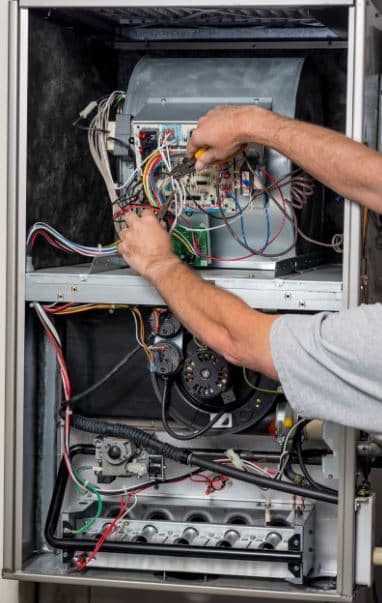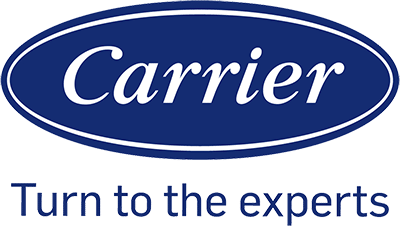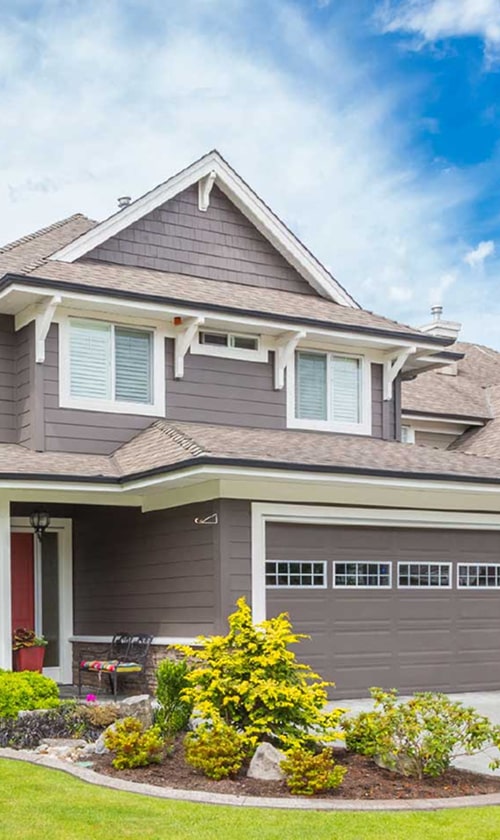
When winter’s cold embrace tightens, a functioning furnace isn’t just a luxury; it’s a necessity. Weather Masters of Georgia stands at the ready to ensure your sanctuary remains warm. Yet, when repairs are needed, it’s crucial to understand the costs involved. Let’s explore the factors affecting furnace repair costs and provide a detailed guide on the expenses associated with various repairs and replacements.
Cost of Furnace Repairs & Replacement Parts A-Z
Below is a detailed table that outlines the costs associated with various furnace repairs and replacement parts:
| Part | Description | Average Cost Range |
| Air Filter | Essential for air quality and furnace efficiency | $10 – $50 |
| Blower Motor | Circulates air throughout your home | $150 – $450 |
| Circuit Board | The control center for the furnace | $75 – $200 |
| Draft Inducer Motor | Safely expels exhaust from the furnace | $200 – $500 |
| Electric Ignitor | Lights the burner in gas furnaces | $150 – $250 |
| Flame Sensor | Detects flame presence for safety | $80 – $250 |
| Gas Valve | Regulates gas flow to the burner | $75 – $600 |
| Heat Exchanger | Transfers heat to air in your home | $100 – $1,200 |
| Ignition Module | Controls the ignition process | $200 – $400 |
| Joints and Seals | Prevents gas and air leaks | $100 – $400 |
| Keypad (Thermostat) | Interface for temperature control | $20 – $200 |
| Limit Switch | Prevents overheating | $50 – $150 |
| Motor Capacitors | Helps run the furnace motors | $50 – $100 |
| Nozzle (Oil Furnace) | Directs oil into the burner | $50 – $100 |
| Oil Filter (Oil Furnace) | Keeps oil clean for burning | $10 – $50 |
| Pilot Light Assembly | Ignites the gas in older furnaces | $100 – $200 |
| Quality Sensors | Monitors air quality and system efficiency | $100 – $300 |
| Relay Switches | Controls various furnace functions | $25 – $100 |
| Sequencer (Electric Furnace) | Stages heating elements for operation | $100 – $300 |
| Thermostat | Regulates home temperature | $20 – $200 |
| UV Lamps | Reduces microbes in the air system | $100 – $300 |
| Venting Pipes | Directs exhaust gases outside | $100 – $300 |
| Wiring Harness | Connects electrical components | $75 – $200 |
| eXpansion Tank (Hydronic Systems) | Maintains system pressure | $100 – $500 |
| Yearly Maintenance | Preventative service to avoid repairs | $100 – $300 |
| Zone Control System | Allows for different temperature zones | $200 – $600 |
This table provides a snapshot of potential costs, helping homeowners understand the financial aspect of furnace upkeep and repair. Remember, these are average costs and can vary based on your specific situation and location. It’s always best to consult with a professional from Weather Masters of Georgia for an accurate quote tailored to your needs.
The Variables of Furnace Repair Costs
Repairing a furnace involves a multitude of factors, each contributing to the overall cost:
Type of Furnace
The kind of furnace you own—electric, gas, or oil—will influence repair costs. Electric furnaces generally incur lower repair costs, while oil and gas furnaces may demand a higher expense due to their complexity.
Severity of the Issue
Minor fixes, such as thermostat replacements, may be relatively inexpensive, but major repairs like heat exchanger replacements can climb to $1,200 or more.
Furnace Parts and Labor
The cost of specific parts and the labor required for the repair also play a significant role in the total expense.
Emergency Repairs
In urgent situations, repair costs can escalate, with prices ranging from $300 to $1,200, excluding labor.
Maintenance History
Regularly maintained furnaces are less likely to require costly repairs. Annual maintenance typically ranges from $100 to $300.
Average Costs to Expect
Homeowners can expect to pay between $100 to $1,200 for furnace repairs, with the national average hovering around $300. This range is a general guideline and can vary based on the factors mentioned above.
The Most Expensive Repairs
The priciest repairs often involve replacing major components such as the furnace motor, with costs ranging from $400 to $1,500, necessitating professional intervention.
Common Furnace Repairs
Typical repairs include fixing ignitors, thermostats, flame sensors, and motors—crucial for the efficient functioning of your furnace.
Lifespan of a Furnace
A furnace usually lasts 15 to 20 years, with the decision to repair or replace depending on its age, condition, and the efficiency of newer models.
Why Furnace Replacement Can Be Expensive
Furnace replacement is a significant investment, factoring in the unit’s price, installation, and any additional features or upgrades.
Weather Masters of Georgia: Your Furnace Repair Specialists
Weather Masters of Georgia is dedicated to maintaining your home’s warmth with expert furnace repair services. Our transparent pricing and commitment to quality service make us your trusted partner in furnace maintenance.
How to Avoid Furnace Repairs
Unexpected furnace repairs can be a significant inconvenience and expense. To help you minimize the likelihood of repairs, Weather Masters of Georgia offers the following advice on how to avoid furnace repairs.
- Schedule Annual Maintenance: Have a professional from Weather Masters of Georgia perform yearly inspections and tune-ups to catch and fix small issues before they lead to major repairs.
- Change Filters Regularly: Replace your furnace’s air filters every 30 to 90 days to maintain proper airflow and prevent system strain.
- Keep Furnace Area Clear: Ensure the space around your furnace is free from debris and flammable materials to allow for proper operation and airflow.
- Install a Carbon Monoxide Detector: Use a carbon monoxide detector to alert you to potential furnace malfunctions that could be dangerous and require immediate repair.
- Smart Thermostat Use: Utilize a programmable thermostat to reduce the heating load on your furnace by lowering the temperature when you’re away or asleep.
- Seal Leaks: Apply weather stripping or caulking to any leaks in doors and windows to keep the warm air in and reduce the workload on your furnace.
- Consider an Upgrade: If your furnace is old, upgrading to a high-efficiency model can decrease the likelihood of repairs and save on energy costs.
- Learn About Your Furnace: Familiarize yourself with how your furnace sounds and operates to quickly identify any irregularities that may indicate a problem.
By implementing these preventative measures, you can help extend the life of your furnace and avoid the inconvenience and expense of unexpected repairs.
Furnace repairs are an unavoidable aspect of homeownership. Understanding the factors that contribute to repair costs can help you plan and budget effectively. Regular maintenance by professionals like Weather Masters of Georgia can extend the life of your furnace and prevent costly emergency repairs.




